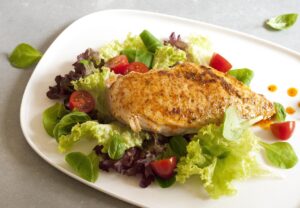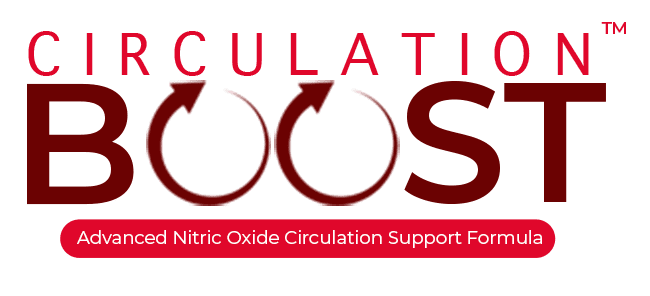There are various poor circulation supplements available, but is there a best supplement for poor circulation or are they all the same?
If you’re experiencing cold hands and feet, chances are you are suffering from poor circulation.
Causes of poor circulation vary from diabetes to high cholesterol levels.
Fortunately, there are various circulation supplements and vitamins available to help improve overall blood flow in the body.
The following are some of the best supplements for circulation.
1. Iron
When people suffer from anemia (iron deficiency), they can experience shortness of breath, fatigue, pale skin, and cold hands and feet.
Iron is essential when it comes to transporting oxygen from the lungs to the rest of the body.
Without it, the body can’t produce enough oxygen-carrying blood cells, leading to poor circulation.
Some common natural sources include chicken, red meat, broccoli, spinach, peas, raisins, kidney beans, mackerel, and pumpkin seeds.
According to the recommended guidelines, men need around 8.7 mg of iron daily.
For women ages 19-50, 14.8 mg of daily iron is necessary and for women over 50, 8.7 mg of daily iron is recommended.
2. Vitamin B12
Like iron, vitamin B12 helps to prevent anemia; it also helps to make DNA and maintain healthy nerve and blood cells.
Some people have trouble absorbing vitamin B12, leading to a deficiency in the vitamin whether it’s sourced from foods or dietary supplements.
Natural food sources include fish, clams, liver, beef, poultry, red meat, milk, eggs, dairy products, and some cereals.
The average adult needs around 2.4 daily micrograms (mcg) of the vitamin, while pregnant women need between 2.6 and 2.8 mcg daily.
 3. Niacin (Vitamin B3)
3. Niacin (Vitamin B3)
Vitamin B3 helps to maintain a healthy metabolism and cardiovascular system.
It is also essential when it comes to reducing inflammation and dilating blood vessels.
One of the benefits of vitamin B3 is its ability to improve capillary function, which improves heat retention in the extremities (hands and feet).
Besides supplements, you can find it in natural sources including chicken breast, turkey, peanuts, mushrooms, green peas, tuna, and avocado.
Due to its high availability in common food sources, it is unlikely for someone to experience vitamin B3 deficiency.
The recommended daily intake for men is 16 mg daily and for women it’s 14 mg daily (18 mg for pregnant women).
4. Magnesium
By increasing magnesium intake, you improve blood vessel dilation and blood flow to the extremities.
Magnesium deficiency can lead to muscles tensing up, decreasing the diameter of the arteries and blocking proper blood flow.
Foods such as seeds, nuts, yogurt, spinach, dark chocolate, almonds, bananas, and avocado naturally contain magnesium.
Women should intake 320 mg of magnesium daily and men should intake 420 mg daily.
When it comes to supplements, only aim to consume around 100 mg max of magnesium as it’s likely you’ll get the necessary amounts from your diet.
Is there a “best supplement for poor circulation”?
As mentioned, there are plenty of vitamins and supplements that will help promote healthy circulation.
However, if you’re looking for a supplement that contains everything you need, then Circulation Boost is for you.
It contains a blend of vitamin B12, magnesium, l-arginine, AstraGin, and other vitamins and minerals that help promote circulation.
Unlike other supplements, Circulation Boost works within the arteries to effectively support healthy circulation.
It safely increases nitric oxide production and helps widen the blood vessels.
When it comes to improving blood flow and circulation in a safe and effective way, Circulation Boost is the way to go.

